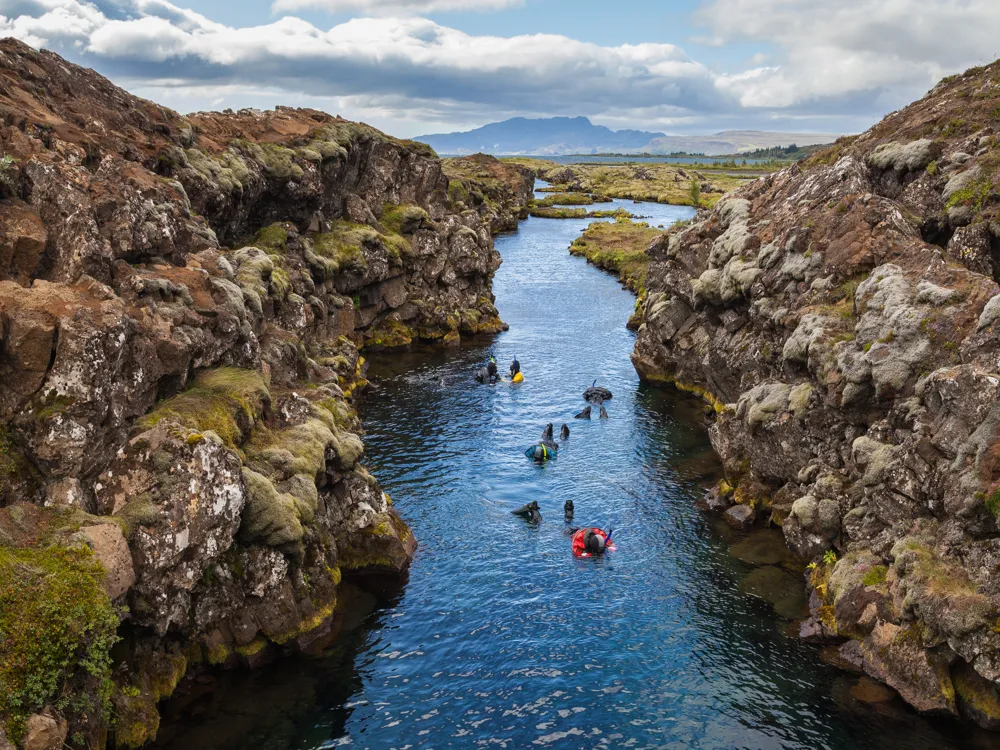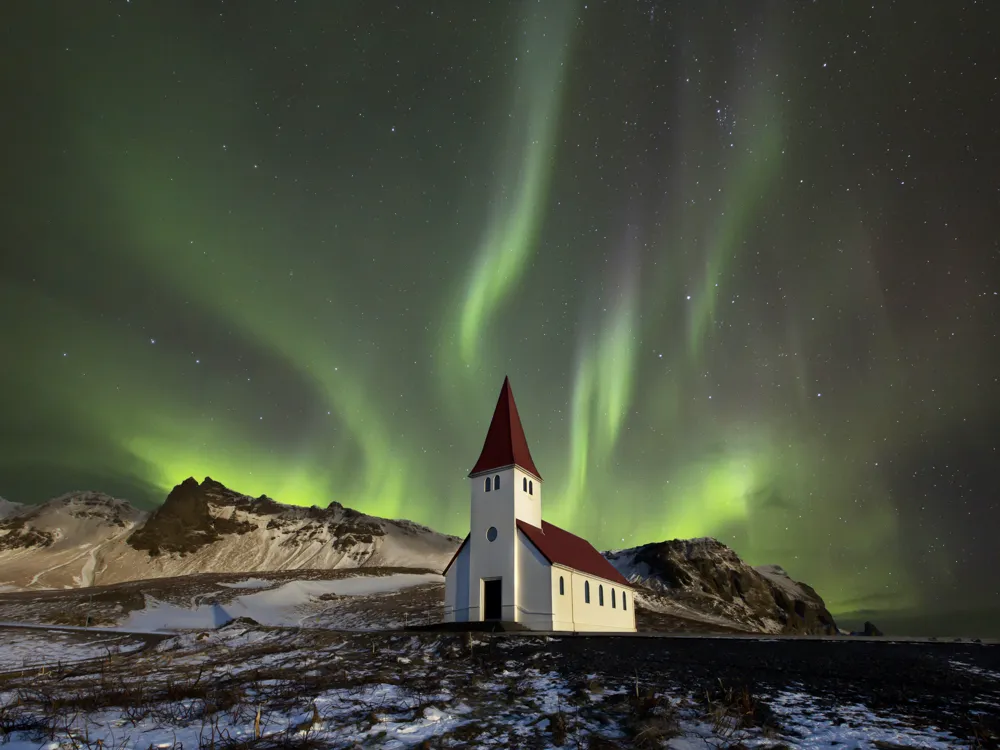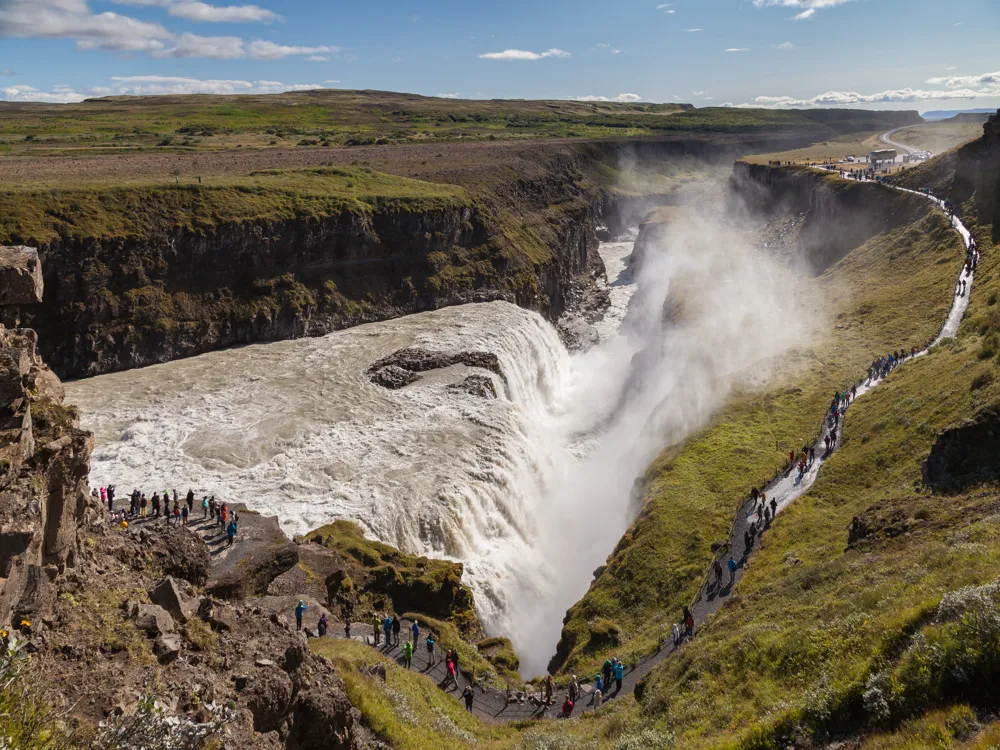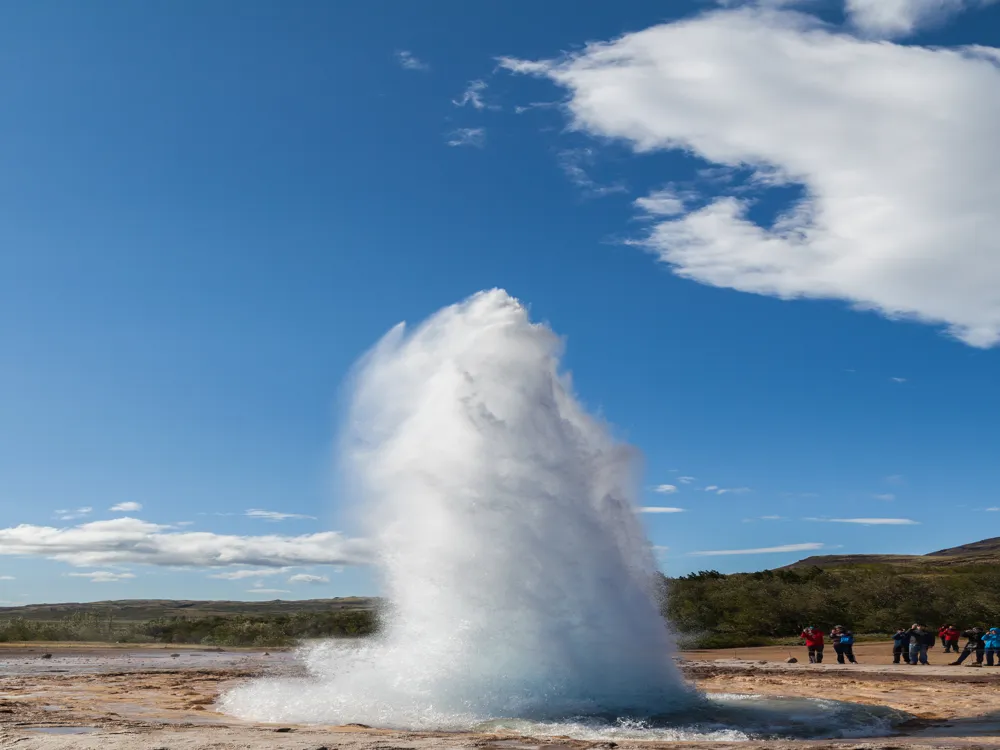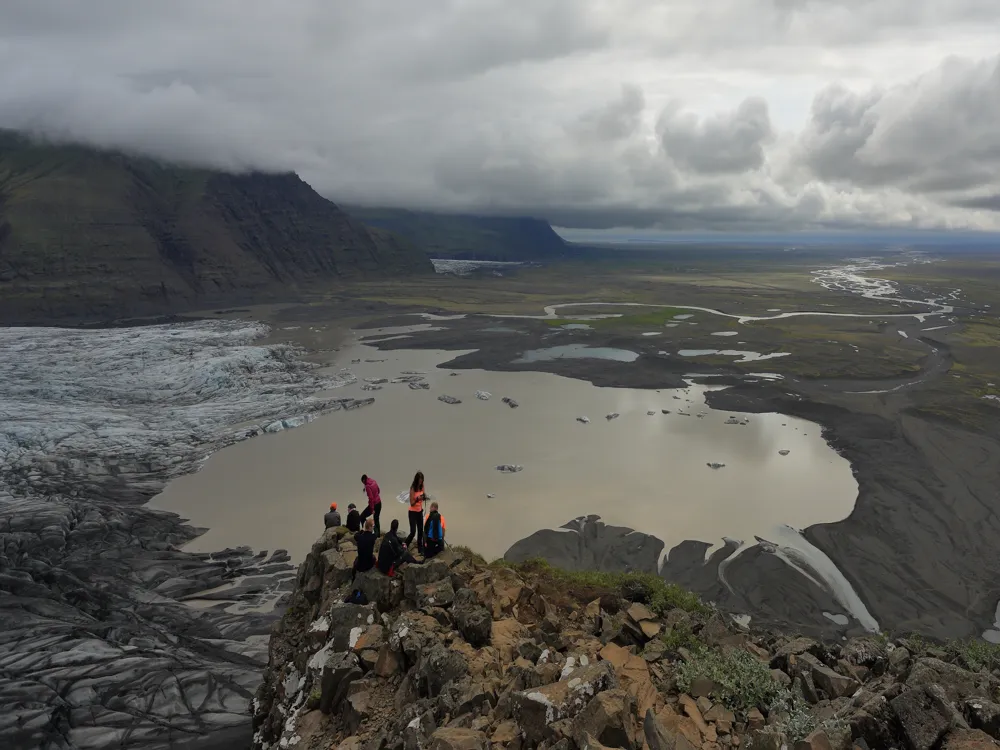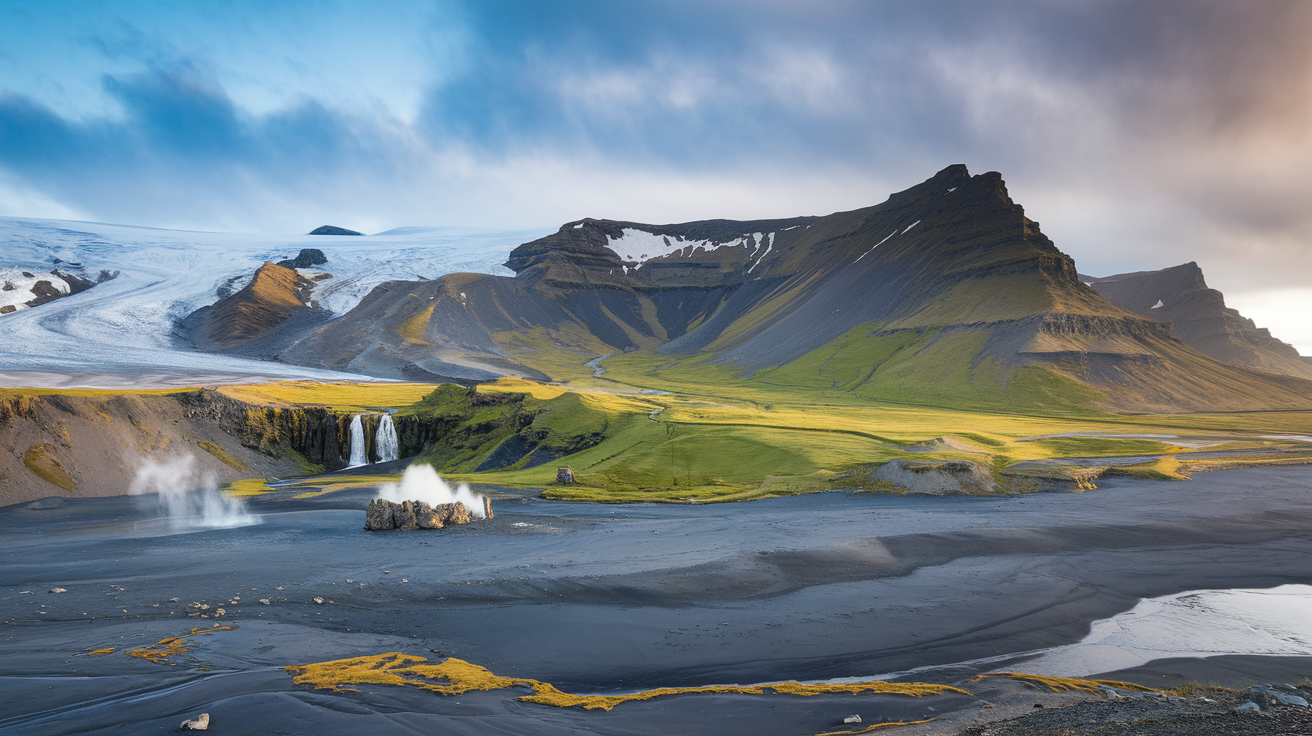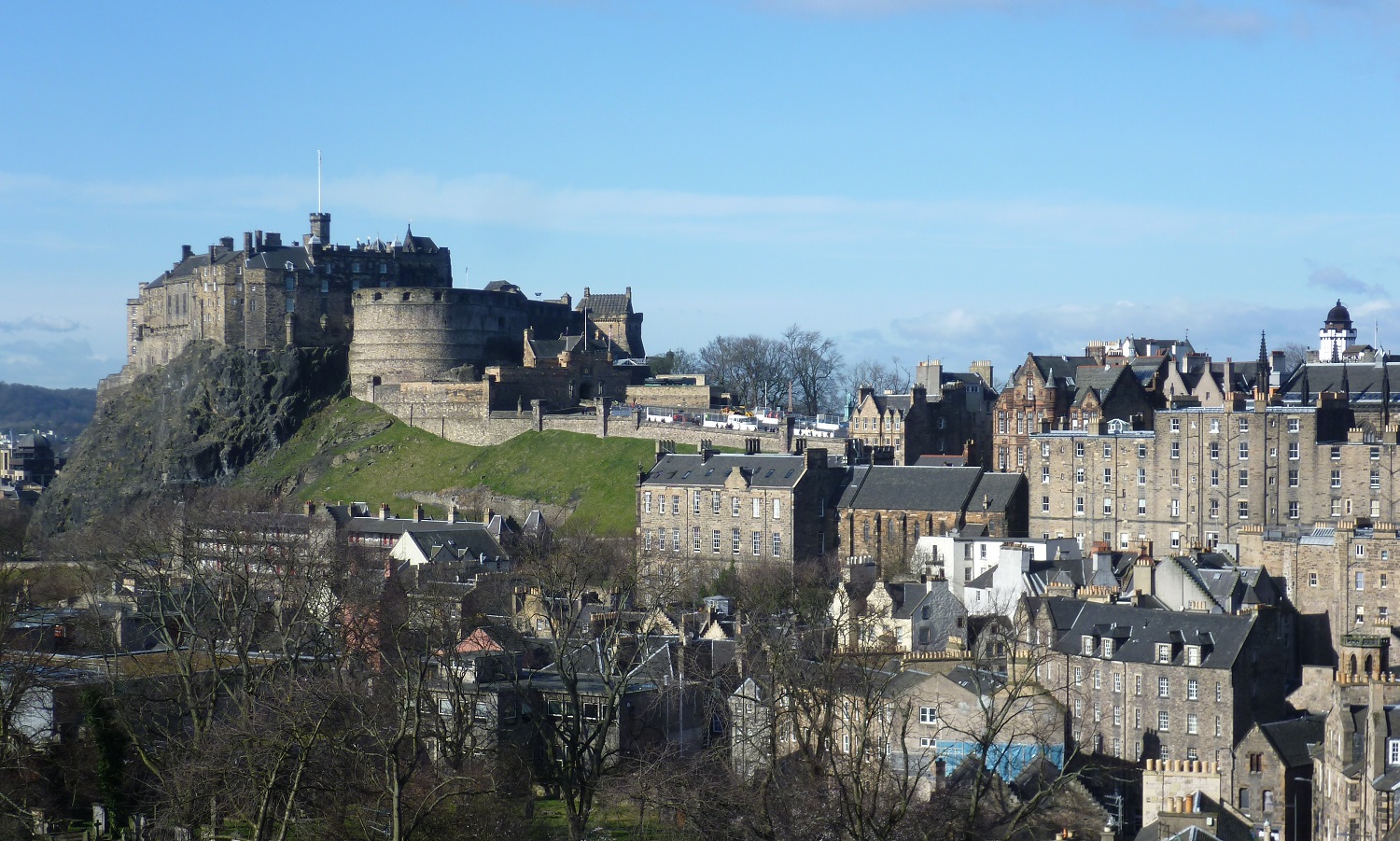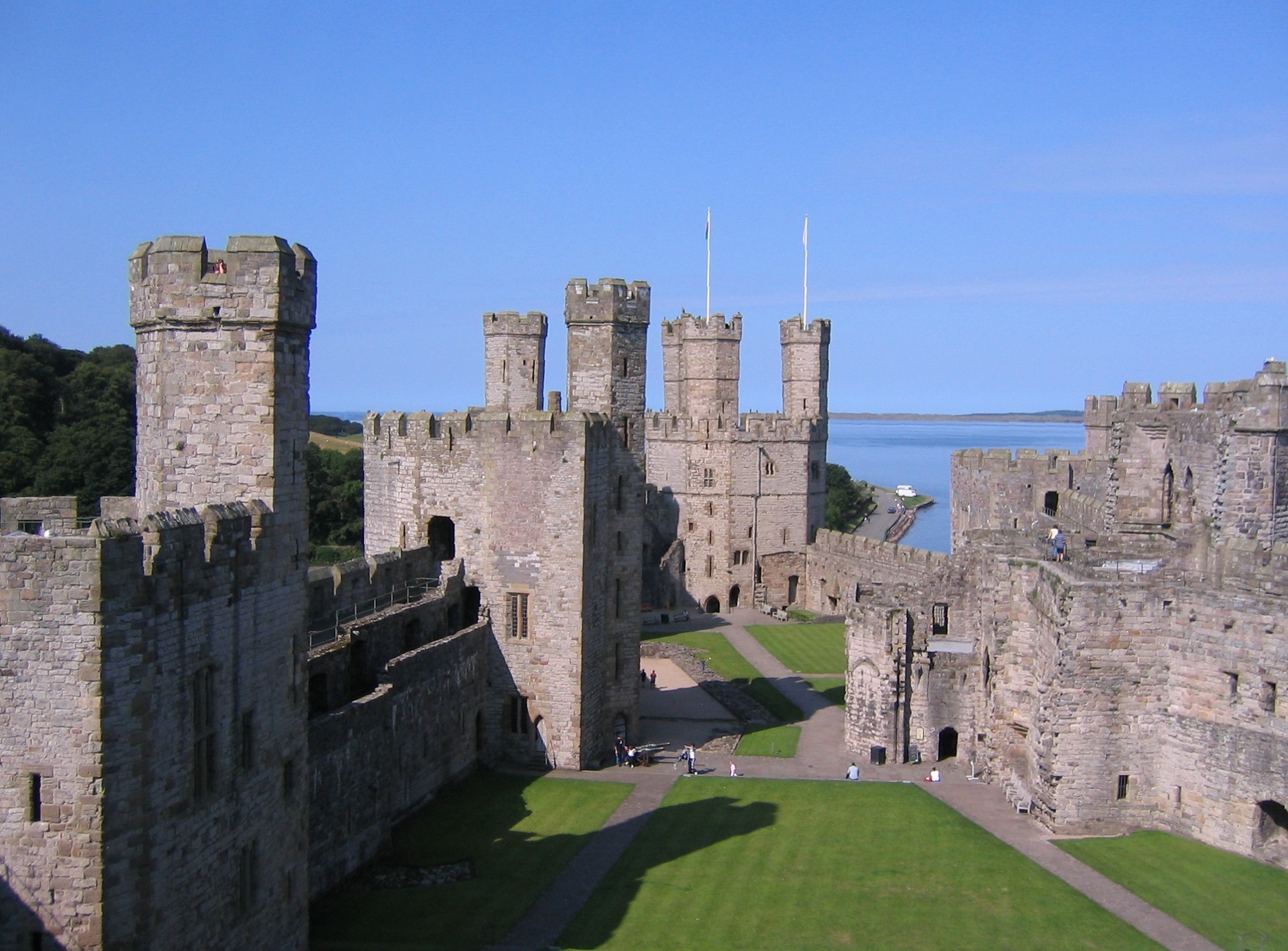Plan Your Travel To Iceland
Iceland Travel Essentials
Ideal Duration: 7 - 10 days
Currency: Icelandic Króna (ISK)
Best Time: From Mid-June through August; November-March Read More
Budget: Expensive
"For the offbeat traveller"
Iceland Tourism
The Nordic island nation of Iceland, sometimes known as the "land of fire and ice," is well-known for its breathtakingly beautiful and untamed scenery. Reykjavik, the capital, is a bustling city with a booming cultural scene and exciting nightlife. Discover the surreal beauties of the nation, such as the powerful waterfalls of Gullfoss, the striking geysers of Geysir, and geothermal springs like the Blue Lagoon. Explore national parks featuring distinctive flora and animals, as well as glaciers and volcanoes. Enjoy the captivating Northern Lights as they appear in the winter. Together with its breathtaking scenery and friendly locals, Iceland is a must-visit place for travellers seeking adventure, leisure, and breathtaking natural wonders.
Must Know Before You Travel to Iceland
- Weather: Iceland's weather is unpredictable; pack warm clothing, waterproof gear, and sturdy shoes.
- Currency: The Icelandic Krona (ISK) is the local currency, and credit cards are widely accepted.
- Language: The majority of Icelanders speak English, despite Icelandic being the official language.
- Safety: Iceland is one of the safest countries in the world, with low crime rates.
- Driving: Renting a car is the best way to explore, but be aware of challenging road conditions in winter.
- Costs: Iceland can be expensive; budget accordingly.
- Accommodation: Book accommodations in advance, especially in popular tourist areas.
- Nature Conservation: Respect the environment by staying on marked paths and not disturbing wildlife.
- Time Zone: Iceland is in the GMT time zone, and daylight hours vary greatly throughout the year.
- Northern Lights: Visit during the winter to witness the mesmerizing Northern Lights.
Tourist Places to Visit In Iceland
Reykjavik
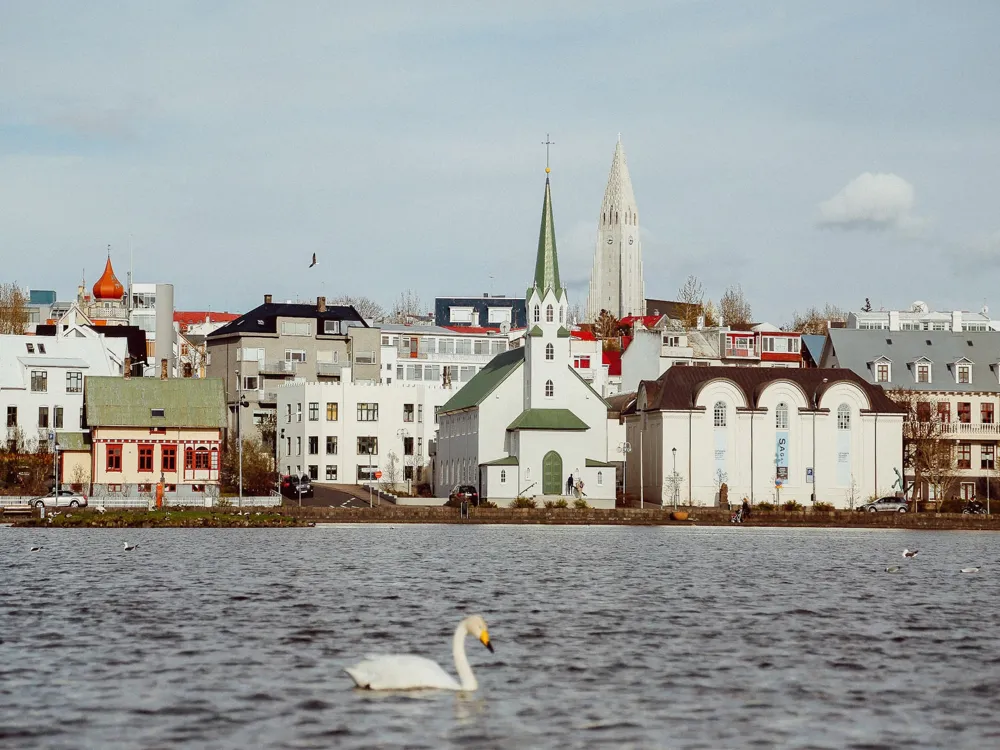
Iceland Travel Packages
Compare quotes from upto 3 travel agents for free
View All Packages For Iceland
More on Iceland Travel
All collections about Iceland
Best time to visit Iceland
Summers from June - August is the best time to visit Iceland because of the warm, balmy weather and the phenomenal Midnight Sun. It is indeed a spectacular time, with pleasant temper (Read More)atures and prolonged daylight hours that enable you to see as much as you can. Despite the unpredictable weather, Iceland has four distinct seasons. The country of mystical landscapes and awe-inspiring vistas has a somewhat misguided image of being a constantly freezing destination. In reality, it experiences a much milder climate, with no drastic changes between the summer and winter temperatures. Iceland is situated on top of one of Earth’s many hot spots, owing to which, the country boasts of phenomenal geothermal activity. It has an abundance of hot springs, mud pools, geysers and volcanoes. If you’re looking for a combination of moderately good weather and lesser crowds, then you can consider early spring or late fall. Guaranteed darkness and cold, clear nights during winter make Iceland an ideal place to see the aurora borealis. The best time to catch the Northern Lights would be from late September through late March. This is the time when most music and arts festival takes place in Reykjavik. atures and prolonged daylight hours that enable you to see as much as you can. Despite the unpredictable weather, Iceland has four distinct seasons. The country of mystical landscapes and awe-inspiring vistas has a somewhat misguided image of being a constantly freezing destination. In reality, it experiences a much milder climate, with no drastic changes between the summer and winter temperatures. Iceland is situated on top of one of Earth’s many hot spots, owing to which, the country boasts of phenomenal geothermal activity. It has an abundance of hot springs, mud pools, geysers and volcanoes. If you’re looking for a combination of moderately good weather and lesser crowds, then you can consider early spring or late fall. Guaranteed darkness and cold, clear nights during winter make Iceland an ideal place to see the aurora borealis. The best time to catch the Northern Lights would be from late September through late March. This is the time when most music and arts festival takes place in Reykjavik.
Top Stories about Iceland Tourism
All collections about IcelandRead More on Iceland Travel
Exchanging money in Iceland:
In Iceland, the local currency is the Icelandic Krona (ISK). While credit cards are widely accepted, it's wise to carry some cash for small purchases and in case you visit remote areas. Currency exchange services are available at Keflavik International Airport, banks, and currency exchange offices in major cities. ATMs are also abundant. However, be mindful of withdrawal fees. It's recommended to exchange some money in advance for convenience, as exchange rates at airports may be less favorable. Iceland's economy is primarily cashless, so using cards is the norm, but having a bit of cash on hand is a good idea.
Nightlife in Iceland:
The nightlife in Iceland provides a distinctive experience. The city of Reykjavik comes alive with a myriad of pubs, clubs, and live music venues after dark. Both residents and visitors appreciate the vibrant atmosphere.Usually, the celebration lasts till the wee hours. Don't miss the well-known "runtur," a weekend custom in which revellers scout the streets for the hottest parties. Recall that alcohol is costly because of high taxes, which is why pre-drinking occurs frequently at home. Additionally, during the late-night celebrations, it is imperative to show consideration for the noise levels in residential neighbourhoods.
Shopping in Iceland:
In Iceland, going shopping is a joyful experience. Numerous distinctive products are available, such as handcrafted goods, volcanic rock souvenirs, and woollen goods from Iceland. Reykjavik's Laugavegur is a well-liked retail avenue with boutique establishments. Visit Kolaportid Flea Market to find locally produced culinary items. Remember that Iceland may be expensive; therefore, tourists on a tight budget should search for discounts and special offers. Icelandic and Scandinavian designs may be found in the nation's top-notch design stores. On weekdays, the usual shopping hours are from 10 a.m. to 6 p.m.; on weekends, they are usually shorter.
Festivals in Iceland:
Iceland hosts a multitude of captivating festivals throughout the year. The Reykjavik International Film Festival, held in September, showcases world cinema. In June, the Secret Solstice Music Festival draws international artists and music enthusiasts. The winter months offer chances to witness the stunning Northern Lights. The country's rich cultural heritage is celebrated on National Day (June 17th). Iceland Airwaves, a renowned music festival, features local and global acts. Each festival provides an opportunity to immerse yourself in Icelandic culture, whether it's through music, film, or the natural wonders of the land.
Hygiene in Iceland:
Iceland maintains high standards of hygiene. The tap water is safe to drink and of excellent quality. Restrooms are widely available in urban areas and are generally clean. Icelanders place a strong emphasis on cleanliness, and public spaces reflect this. The country's geothermal culture has led to a rich tradition of soaking in hot springs and pools, which are well-maintained and a fantastic way to relax while staying clean. Even in more remote areas, you'll find clean and well-maintained facilities. It's essential to respect the pristine environment by disposing of waste properly and adhering to Leave No Trace principles.
Tips for Visiting Iceland:
When visiting Iceland, it's essential to dress in layers to prepare for ever-changing weather conditions. A waterproof jacket and sturdy hiking boots are must-haves. Renting a four-wheel-drive vehicle is advisable to explore the rugged terrain. While exploring the countryside, respect local wildlife and follow the "Everyman's Right" guidelines for camping. Always check the weather forecast before embarking on outdoor activities. Lastly, be mindful of the fragile environment and avoid disturbing natural landmarks. Iceland offers breathtaking landscapes, and responsible travel ensures their preservation for future generations.
Food of Iceland:
Icelandic cuisine reflects the country's unique geography. Traditional dishes include fermented shark, smoked lamb, and skyr (a yogurt-like dairy product). Seafood, particularly cod and haddock, is also prominent. Don't miss the opportunity to savor local specialties like "plokkfiskur" (fish stew) and "hangikjöt" (smoked lamb). Hot dogs from local stands are a popular quick bite. For the adventurous, trying "hákarl" (fermented shark) is a cultural experience. Modern Icelandic cuisine also incorporates international flavors, making dining in Iceland an exciting culinary adventure. While dining out can be expensive, experiencing local flavors is a must during your visit.
Photos of Iceland
All Country Photos Iceland
Popular Questions And Answers on Iceland
What's the best time to visit Iceland?
The best time to visit Iceland is during the summer months, from June to August, when the weather is milder and the days are long. However, if you want to witness the Northern Lights, visit between September and March.
What are the must-see attractions in Iceland?
Some of the must-see attractions include the Blue Lagoon, Golden Circle, Jökulsárlón Glacier Lagoon, Thingvellir National Park, and the geysers in Haukadalur.
Is it true that Iceland is expensive to visit?
Yes, Iceland is known for its high cost of living and travel. Be prepared for higher prices on accommodations, food, and activities. Planning and budgeting are essential.
Do I need a visa to visit Iceland?
It depends on your nationality. EU and EFTA citizens do not need a visa. For others, check the Icelandic Directorate of Immigration's website for visa requirements.
What's the weather like in Iceland?
Iceland has a variable climate. Summers are cool, with temperatures around 50-60°F (10-15°C), and winters are cold, with temperatures often below freezing.
Can I see the Northern Lights in Iceland?
Yes, Iceland is one of the best places in the world to see the Northern Lights. The best chances are during the winter months, away from city lights.
Is it safe to drink tap water in Iceland?
Yes, Icelandic tap water is some of the cleanest and purest in the world. It is safe to drink directly from the tap.
What's the local currency in Iceland?
The local currency in Iceland is the Icelandic Krona (ISK). Credit cards are widely accepted, so you may not need to carry much cash.
Can I rent a car to explore Iceland?
Yes, renting a car is a popular way to explore Iceland. The country's ring road makes it easy to navigate, but be prepared for diverse road conditions.
Are there any cultural customs I should be aware of in Iceland?
Icelanders are known for their friendliness and respect for nature. It's customary to remove your shoes when entering someone's home and to be mindful of nature and wildlife while exploring the beautiful landscapes.

